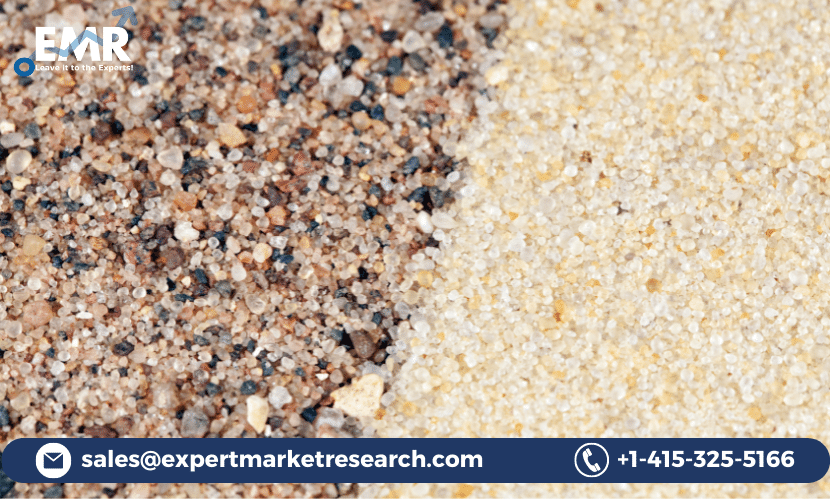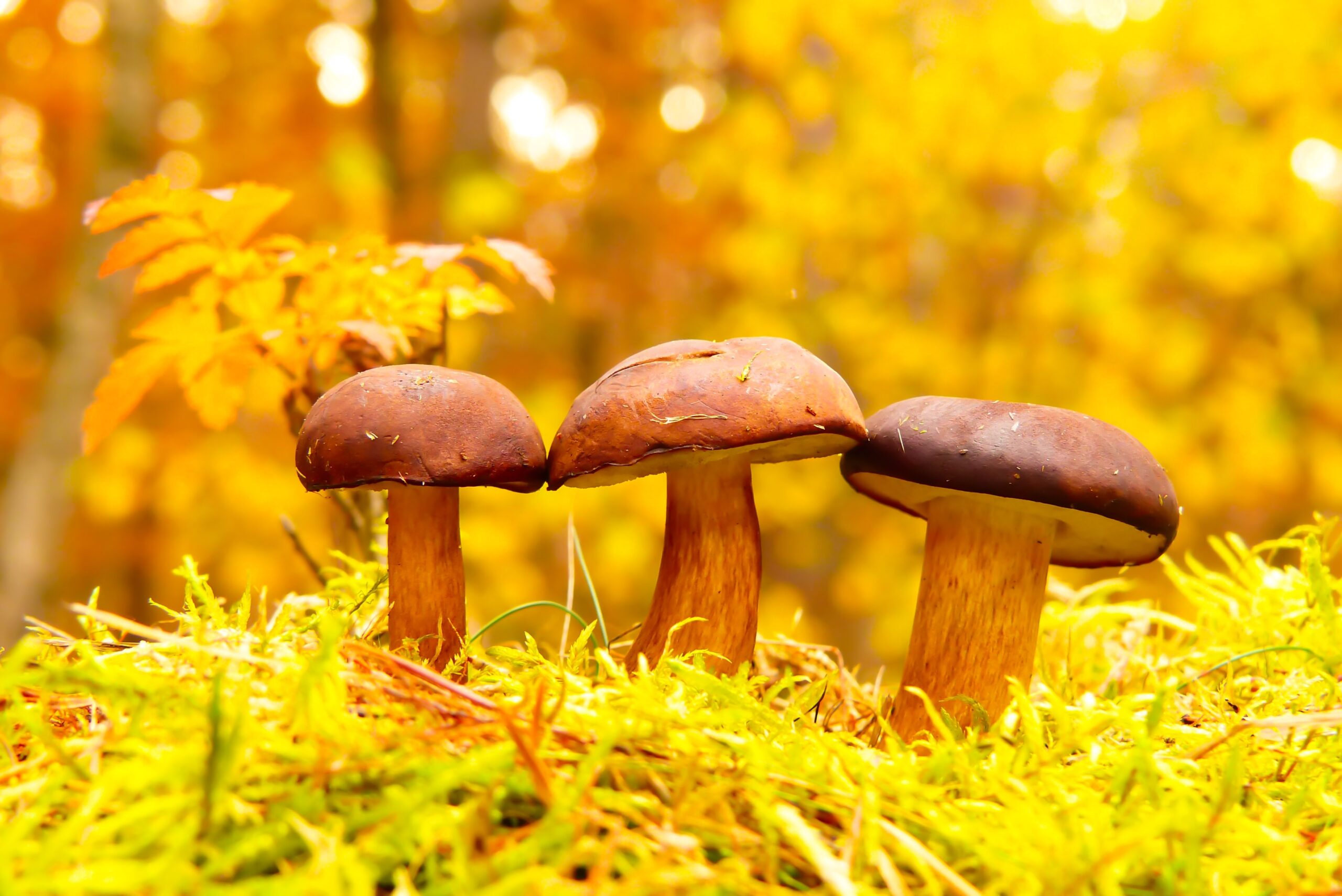Much like our own bodies, a garden needs many different trace elements to stay healthy and grow strong. One of the most important yet overlooked elements is mycorrhizal fungi. Mycorrhizal fungi are an essential part of a garden’s ecosystem, playing a crucial role in soil health and nutrient cycling. In this post, we’ll look at why mycorrhizal fungi are so important and how you can use them to ensure your garden stays healthy and productive over time. Whether you’re just starting out with gardening or looking to take your gardening game to the next level, learning about mycorrhizal fungi is an invaluable resource that can help you achieve success!
What are mycorrhizal fungi?
Mycorrhizal fungi are beneficial fungi that live in symbiotic relationships with plants. These fungi form a network of filaments called the mycelium, which helps to increase the surface area of the roots and improve the plant’s uptake of water and nutrients. Mycorrhizal fungi also produce chemicals that can help to protect plants from disease.
In return for their services, mycorrhizal fungi receive carbohydrates from the plant. This mutually beneficial relationship is essential for the health of many plants, especially in forest ecosystems where mycorrhizal fungi play a key role in the decomposition of organic matter and recyclin
The benefits of mycorrhizal fungi
Mycorrhizal fungi are a essential part of a healthy garden. These fungi form a symbiotic relationship with the roots of plants, helping the plants to absorb nutrients and water from the soil. In return, the fungi receive carbohydrates from the plant. This mutual relationship is beneficial for both the plant and the fungi, and it results in a healthier garden overall.
There are many benefits of mycorrhizal fungi, but some of the most important ones include:
• Improved nutrient uptake: Mycorrhizal fungi help plants to absorb more nutrients from the soil, resulting in healthier plants.
• Increased drought tolerance: Mycorrhizal fungi help plants to better withstand drought conditions by improving their water absorption capabilities.
• Higher resistance to pests and diseases: Plants that have a symbiotic relationship with mycorrhizal fungi are more resistant to pests and diseases.
• Improved soil structure: Mycorrhizal fungi help to improve the structure of soils, making them more fertile and easier for plants to grow in.
How to use mycorrhizal fungi in your garden
Mycorrhizal fungi are a special type of fungi that form a symbiotic relationship with plants. The fungi colonize the plant roots and help the plant to absorb more water and nutrients from the soil. In return, the plant provides the fungi with sugars and other organic compounds.
There are many benefits to using mycorrhizal fungi in your garden, including:
1. Increased water and nutrient uptake by plants
2. Improved plant growth and health
3. Increased soil fertility
4. Reduced need for chemical fertilizers
5. Better resistance to drought, pests, and diseases
To use mycorrhizal fungi in your garden, simply add them to your planting hole when you transplant seedlings or sow seeds. You can also apply them to the roots of established plants.
Recipes
In gardening, there are a lot of different techniques that you can use to ensure that your plants are healthy. One way to do this is by using mycorrhizal fungi.
Mycorrhizal fungi are beneficial to plants because they help with water and nutrient uptake. They also improve plant growth and health by increasing the surface area of roots, which allows them to absorb more nutrients. In addition, mycorrhizal fungi can help protect plants from diseases.
If you want to add mycorrhizal fungi to your garden, there are a few different ways to do it. You can either buy products that contain the fungi, or you can add them to your soil yourself. To do this, you’ll need to find a source of mycorrhizal spores (such as in compost or forest floors), and then mix them into your soil. Once they’re in your soil, the spores will germinate and start colonizing the roots of your plants.
It’s important to note that mycorrhizal fungi won’t benefit all plants equally. Some plants, such as annuals and vegetables, don’t form symbiotic relationships with these fungi. However, most trees and shrubs will benefit from the presence of mycorrhizal fungi in their roots.
If you’re looking for a way to improve the health of your garden, consider adding mycorrhizal fungi to your planting regime. With their ability
Conclusion
Mycorrhizal fungi are a crucial part of any healthy garden. Not only do these beneficial organisms help with nutrient uptake and water retention, but they can also increase the overall health of your plants. If you’re looking to make your garden thrive, adding mycorrhizal fungi is a great way to give it an extra boost. With so many benefits, there’s no reason not to add this secret ingredient to your garden today!









